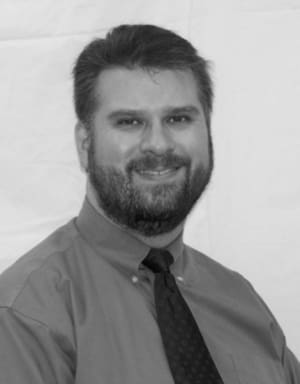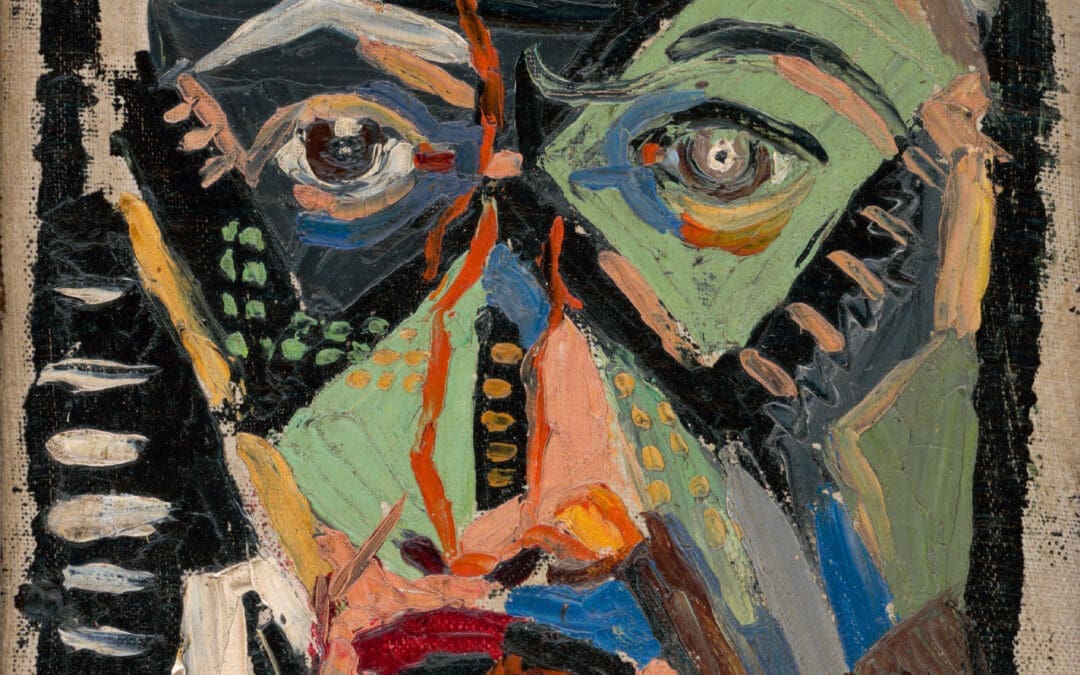Inspired by the interviews in the Paris Review and Bomb magazine, “The Questions” in Sports Illustrated, and the regular interviews on the blogs of Tom Peters and Guy Kawasaki, Comment has asked a diverse group of mentors for their stories.
Comment: How would you explain what you do to an interested nine-year-old child?
Russ Reeves: Perhaps I should ask my daughter, who turned ten recently, what it is she thinks I do. The main things I do are to teach students about what people thought and believed, help other teachers to teach well, and read all I can to help me accomplish the first and second, which makes me also a student. I wouldn’t even try to explain why I’m called a “dean.”
 |
Comment: What first drew you to this work?
RR: It’s difficult to trace any lines that led directly into higher education. My parents were the first on either side of the family to attend college, and then only for a couple of years. Nor was I a stellar student. I often slept through high school classes. I was, however, intellectually curious. One of the reasons I dozed in class was from being up late reading. In college, I was fortunate to have some professors who were gifted teachers and scholars who made the vocation of teaching and scholarship a compelling option, though I did also consider attending seminary for a time.
Comment: As a novice, what were your most valuable learning experiences?
RR: I currently have two distinct but related roles: one as a professor and one as an administrator, and in the latter I still regard myself as a novice. As with most areas of life, it is the struggles that are the most valuable—the first seminar paper returned from my advisor with three typed, single-spaced pages of critique, or the students in my first semester of teaching who weren’t shy about letting me know how little they cared about the class. Struggles provoke reflection and change.
Comment: What is the best advice you’ve ever been given?
RR: Staring blankly at this question, it makes me wonder if I’m not very good at receiving advice. Perhaps this: “Never say more than you have to.”
Comment: From what sources do you draw inspiration for your work?
RR: I can’t identify a list of specific sources I would turn to for inspiration, or even that inspiration is even something I seek after. Seeing my children learn, or stumbling across a particular startling insight while reading both play a role.
 |
Comment: What rituals and habits structure your workday?
RR: The day usually starts at home with the noise of children (sometimes laughing, sometimes less pleasant noises), then to my office where I start some coffee and turn on music (usually Bach, sometimes Schumann, Chopin. I prefer solo instrumental or chamber music). I try to make it a habit not to check e-mail right away, but to spend some time in prayer, planning, and orienting myself for the right perspective on the day.
Comment: What are your favorite tools?
RR: A laptop computer has been a necessity for me since receiving a hand-me-down one in graduate school (really doesn’t matter what kind—I find Macs vastly overrated and overpriced, and do fine with Windows XP. If I wanted to switch, I’d go to Linux). As essential as the laptop is, I do a lot with paper (especially 3×5 cards) and pens (I use a Levenger fountain pen most often, but also Uniball Vision Elite for something cheaper). There aren’t any recent inventions I appreciate more than the MP3 player (usually a Sansa e200), and with a set of Etymotic ER-6 headphones, I can work anywhere.
Comment: Tell us about a project that delighted you.
RR: This will sound odd, but I found great delight in studying for my doctoral comprehensive exams. I created an extensive bibliography of mostly classic primary texts in the history of religious thought along with some of the best secondary sources, and read all day, taking it all in. I don’t think I’d call actually taking the exams delightful, however.
More recently as academic dean at a new Christian liberal arts college, I’ve enjoyed the challenge of thinking through the entire curriculum, and trying to conceive of the whole project of Christian education from a new perspective. This is still very much a work in progress.
Comment: How do you plan your work?
RR: My tendency is to work spontaneously and drift from project to project, but the downside to doing a little bit of several things is it becomes difficult to get the big things finished, so it is something I’ve been working on being more systematic about. Usually a combination of 3×5 cards and the combination of OneNote and Outlook helps me keep track of daily tasks and short term planning.
Comment: How does your work connect to other aspects of your life?
RR: My wife and children all take an interest in the students I teach, and as a family we spend time with students on-campus and off, so there is considerable integration between family and work. Communities can’t develop fully if they only exist in one isolated aspect of life, I don’t think.

